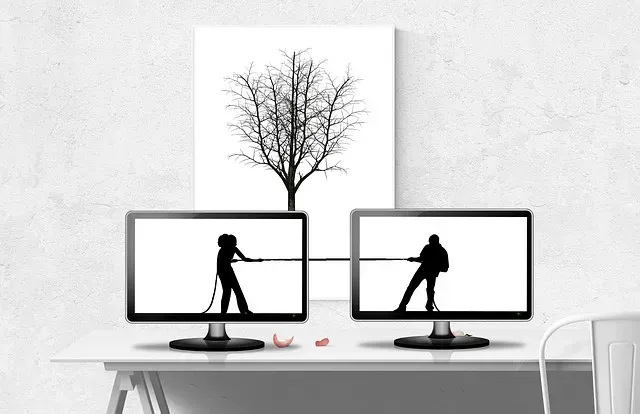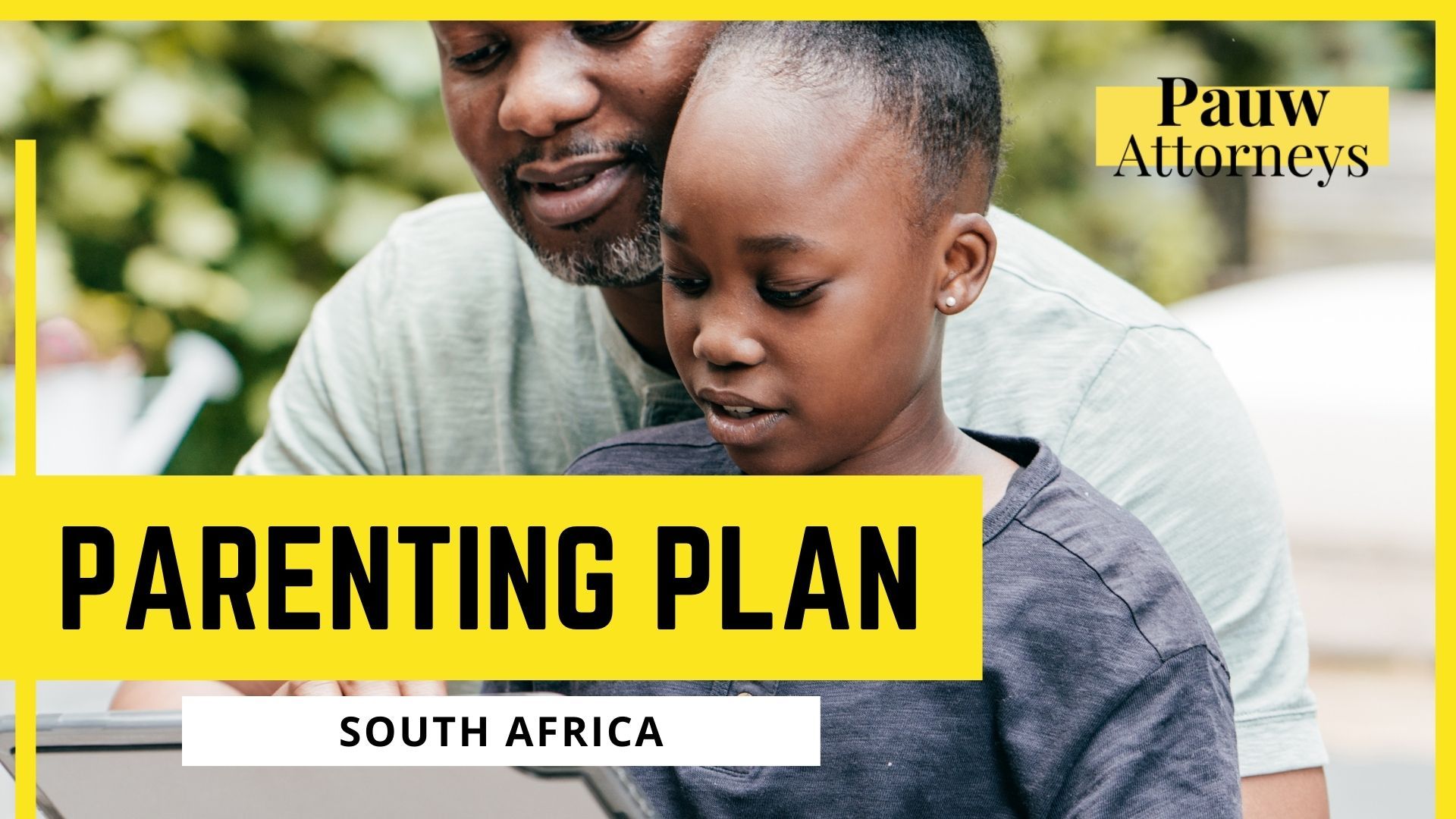Considering and preparing for divorce, Practical Tips.
When considering a divorce, there are a number of important steps you can take to make informed decisions and ensure that the process goes as smoothly as possible:
- Seek counseling or therapy: Consider speaking with a counselor or therapist to discuss your feelings and explore your options. This can help you gain clarity and perspective on your situation, and provide you with emotional support during this difficult time.
- Consult with a lawyer: If you are considering a divorce, it is important to understand your legal rights and obligations. Speak with a family law attorney who can advise you on the legal issues involved in your case and help you navigate the divorce process.
- Gather financial information: Make sure you have a clear understanding of your financial situation, including assets, debts, and income. This will be important when negotiating a divorce settlement.
- Consider the impact on children: If you have children, consider the impact that a divorce may have on them. You may want to speak with a child psychologist or family therapist to help you make decisions that are in your children's best interests.
- Try mediation: If possible, consider mediation as an alternative to a traditional divorce. Mediation can be less costly and less adversarial than a court-based divorce, and may be a good option if you and your spouse are able to work together to reach a settlement.
- Take care of yourself: Going through a divorce can be emotionally and physically exhausting. Make sure you take care of yourself during this time by getting enough rest, eating well, and engaging in activities that you enjoy.
Remember, divorce is a difficult process, but there are resources and support available to help you through it.

There are several things you can do to prepare yourself for a divorce and make good decisions throughout the process:
1. Seek out professional help: Talk to a therapist or counsellor about your emotions and your options. This can give you the emotional support you need at this time and help you gain clarity and perspective on your situation.
There are several alternatives to seeking help from a therapist or counsellor when considering a divorce. Here are some options:
i) Support groups: Consider joining a support group for people going through a divorce. This can provide you with a sense of community and help you feel less alone during this difficult time.
ii) Religious or spiritual guidance: If you are a religious or spiritual person, consider seeking guidance from a religious leader or spiritual advisor. They may be able to provide you with emotional support and guidance that aligns with your personal beliefs.
iii) Online counselling: Many therapists and counsellors now offer online counselling services, which can be a convenient and flexible option for those who are unable to attend in-person sessions.
iv) Self-help resources: There are a variety of self-help resources available for those considering a divorce, including books, online courses, and podcasts. These resources can provide you with information and guidance on the divorce process, as well as emotional support and coping strategies.
v) Trusted friends or family members: Consider confiding in a trusted friend or family member who can offer you emotional support and a listening ear. They may also be able to provide you with practical advice based on their own experiences.
Remember, seeking help is a sign of strength, and there are many resources available to support you during this difficult time.
2. It is in your best interest to speak with a lawyer to learn more about your rights and responsibilities under the law. Consult a family law attorney for guidance through the divorce process and advice on the specific legal issues involved in your case.
When considering filing for divorce, there are several important things to look out for and consider before consulting a family law attorney:
i) Divorce laws applicable: Familiarise yourself with the divorce laws including requirements for maintenance, grounds for divorce, and property division rules.
ii) Use Google and all the tools to educate yourself.
iii) Your financial situation: Consider your financial situation, including your income, assets, and debts. This information will be important when negotiating a divorce settlement.
iv) Your children's well-being: If you have children, their well-being should be a top priority. Consider their emotional and physical needs when making decisions about care and contact, visitation, and child maintenance.
v) Your spouse's behaviour: If your spouse has engaged in abusive or controlling behaviour, it is important to take steps to protect yourself and your children.
vi) Consider seeking a restraining order and speaking with a family law attorney about your options.
vii) Your goals for the divorce: Think about what you hope to achieve through the divorce process. This may include obtaining a fair settlement, protecting your assets, or the best interest of your children.
Remember, divorce can be a complex and emotionally charged process.
3. Acquire relevant financial data: Be sure to have a complete picture of your assets, liabilities, and income. At the time of the divorce settlement negotiations, this information will be crucial. Here are some tips on how to obtain this information:
i) Gather financial documents: Collect all relevant financial documents, including bank statements, tax returns, investment statements, credit card bills, mortgage statements, and any other financial records. This will give you a complete picture of your financial situation.
ii) Take inventory of assets: Make a list of all assets, including real estate, vehicles, investments, and personal property. Be sure to include both individual and joint assets.
iii) Identify liabilities: Make a list of all debts, including mortgages, credit card debts, student loans, and any other outstanding loans or liabilities.
iv) Determine income: Calculate your income and your spouse's income, including salaries, bonuses, commissions, and any other sources of income.
v) Consider hiring a financial professional: If you have a complex financial situation or are unsure about how to value certain assets, consider hiring a financial professional to assist you in the process.
Remember, having a clear understanding of your financial situation is crucial when negotiating a divorce settlement. By taking the time to gather all relevant financial data, you can ensure that your settlement is fair and equitable.
4. If you're divorcing and you have kids, you should think about how that will affect them. If you need assistance determining what is best for your kids, you can talk to a child psychologist or family therapist.
In South Africa, child custody and support are governed by the Children's Act, No. 38 of 2005. The main goal of the Act is to ensure that the best interests of the child are taken into account when making decisions about their care and well-being.
When determining what is best for your children in a divorce, the court will consider a number of factors, including:
i) The age of the child
ii) The child's emotional, physical, and educational needs
iii) The ability of each parent to provide for the child's needs, including financial support.
iv) The relationship between the child and each parent
v) The child's preferences (if the child is old enough to express them)
vi) The court will also consider any other relevant factors that may impact the best interests of the child.
In general, the court will aim to ensure that both parents have regular contact with the child, unless it is not in the best interests of the child to do so. To ensure that both parents have equal decision-making responsibilities and parenting time, or sole custody, where one parent has primary responsibility for the child's care.
Regarding child maintenance, both parents are responsible for providing financial support to the child, based on their respective income and expenses. The amount of child maintenance to be paid is usually determined by the court, based on a number of factors including the child's needs and the parents' ability to pay.
If you are going through a divorce and are unsure about what is best for your children, it may be helpful to speak with a lawyer who specializes in family law in South Africa.
5. Consider mediation as an alternative to a court-ordered divorce if you can. If you and your spouse can work together to reach a settlement, mediation may be a good option because it is less expensive and less adversarial than a divorce through the court system.
i) One of the main benefits of mediation is that it can be less expensive than going to court. The cost of a divorce through the court system can be high, as it involves legal fees, court costs, and other expenses. Mediation is often more affordable, as it does not involve the same level of legal representation and court fees.
ii) Another benefit of mediation is that it can be less adversarial than a court-ordered divorce. In court, each spouse is represented by a lawyer who may be focused on winning the case rather than finding a mutually acceptable solution. Mediation, on the other hand, is designed to facilitate communication and negotiation, and can help the parties work together to find a solution that works for everyone.
iii) In addition to being less expensive and less adversarial, mediation can also be faster than going to court. The court system can be slow and may involve delays and postponements. Mediation, on the other hand, can be scheduled and completed more quickly, allowing the parties to move on with their lives sooner.
Ultimately, whether mediation is a good option for your divorce in South Africa will depend on your circumstances. If you are considering mediation, it may be helpful to speak with a mediator to get more information on the process and how it could work for you.
6. Stay healthy and strong as you go through this difficult time; a divorce can be taxing on your mind and body. Take care of yourself by getting enough sleep, eating healthy food, and doing things you enjoy during this time.















































